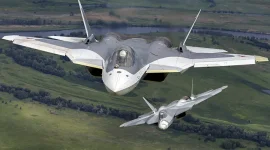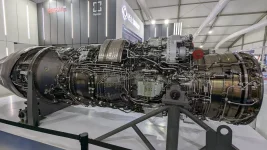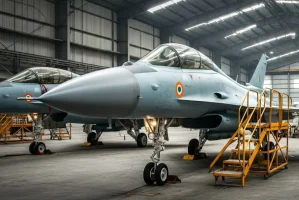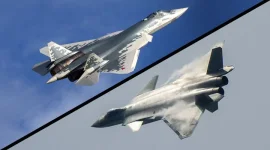
In a lecture at the Centre for Land Warfare Studies (CLAWS), Lt General P.R. Shankar (Retd) emphasized the growing importance of missiles as a tool of coercion in modern warfare, highlighting China's increasing reliance on its missile arsenal to threaten regional stability.
Lt Gen Shankar warned that China's missile capabilities could soon be used to exert pressure on India, similar to how it has been used to intimidate Taiwan. He stated, "The day is not far when they will start coercing us (India). Their way of coercing is firing."
The retired general pointed to several global examples of missile use as a strategic tool. He noted that North Korea has employed missiles to exert pressure on Japan, South Korea, and the US, while Iran has used missiles to offset its limited air force capabilities. Even Russia, in its ongoing conflict with Ukraine, has relied on missiles to maintain a deterrent against NATO intervention.
Lt Gen Shankar argued that India needs to adopt an integrated defence strategy to counter the evolving threat landscape. He stressed the importance of jointness, or seamless cooperation between different branches of the military, and integrated thinking, a holistic approach where all branches work together towards common objectives.
He highlighted several key elements of an effective integrated defence strategy:
- Cross-Domain Coordination: Ensuring that the Army, Navy, and Air Force operate in a coordinated manner across land, sea, air, space, and cyber domains.
- Unified Command Structures: Developing command structures that promote joint operations and streamline decision-making processes.
- Efficient Resource Utilization: Allocating resources in a way that leverages the strengths of each service branch.
While acknowledging India's technical capabilities in missile production, Lt Gen Shankar pointed out critical shortcomings in the country's defence strategy. He emphasized the need for better reconnaissance-strike integration, a dedicated command and control system for long-range firepower, and a cohesive national security strategy that brings together various stakeholders like ISRO and DRDO.
He also criticized the lack of jointness among India's armed forces, stating, "Each service has its own philosophy at variance with the other." He specifically highlighted the Army's decision to reduce rocket regiments and the lack of integrated surveillance and targeting capabilities in the Indian Artillery.
Lt Gen Shankar's lecture serves as a stark reminder of the evolving nature of warfare and the need for India to adapt its defence strategy accordingly. As China continues to bolster its missile capabilities, India must focus on fostering jointness, integrating its defence systems, and developing a comprehensive national security strategy to safeguard its interests and deter potential threats.




